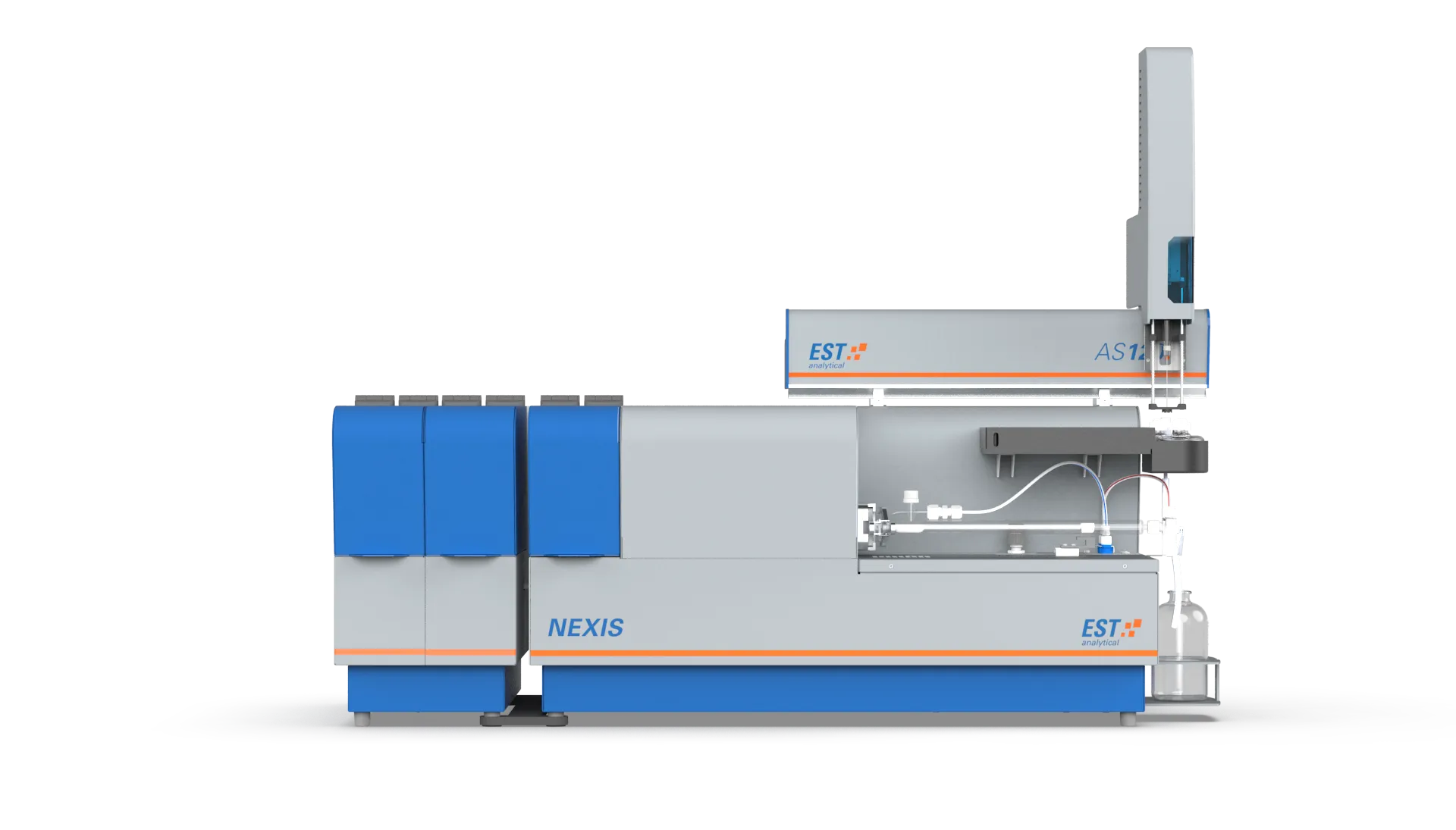Microcoulometry...
What is microcoulometry? Microcoulometry is an analytical method for measuring an unknown concentration of an analyte in solution by completely converting the analyte from one oxidation state to another.
When a Chloride containing sample is combusted at 1000 ℃, Hydrogen Chloride is formed (HX):
R-X + O2 –> HX + CO2 + H2O
The combustion gas, carrying halide ions, is led into a sulfuric acid scrubber for rapid water and interference removal. The dried and clean gas is led into the temperature controlled titration cell, where the halide ions react with silver ions, present in the titration cell. The amount of charge (the integral of the regeneration current over the measuring time) used to regenerate the lost silver ions, is directly related to the Total Chloride (TX) content of the sample.
The equations for this reaction are:
HX + Ag+ –> H+ + AgX
Ag –> Ag+ + e
International methods carried out by using micro coulometry (TX):
ASTM D4929, ASTM D5194, ASTM D5808, ASTM D6721, ASTM D7457, GB/T 18612, UOP 779.
The NEXIS TX Total Chlorine Analyzer is a horizontal oriented combustion analyzer with highest modularity and advanced detectors to measure trace level chlorine concentrations in a wide range of liquids, solids and LPG/Gas sample types.



